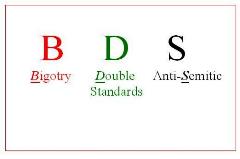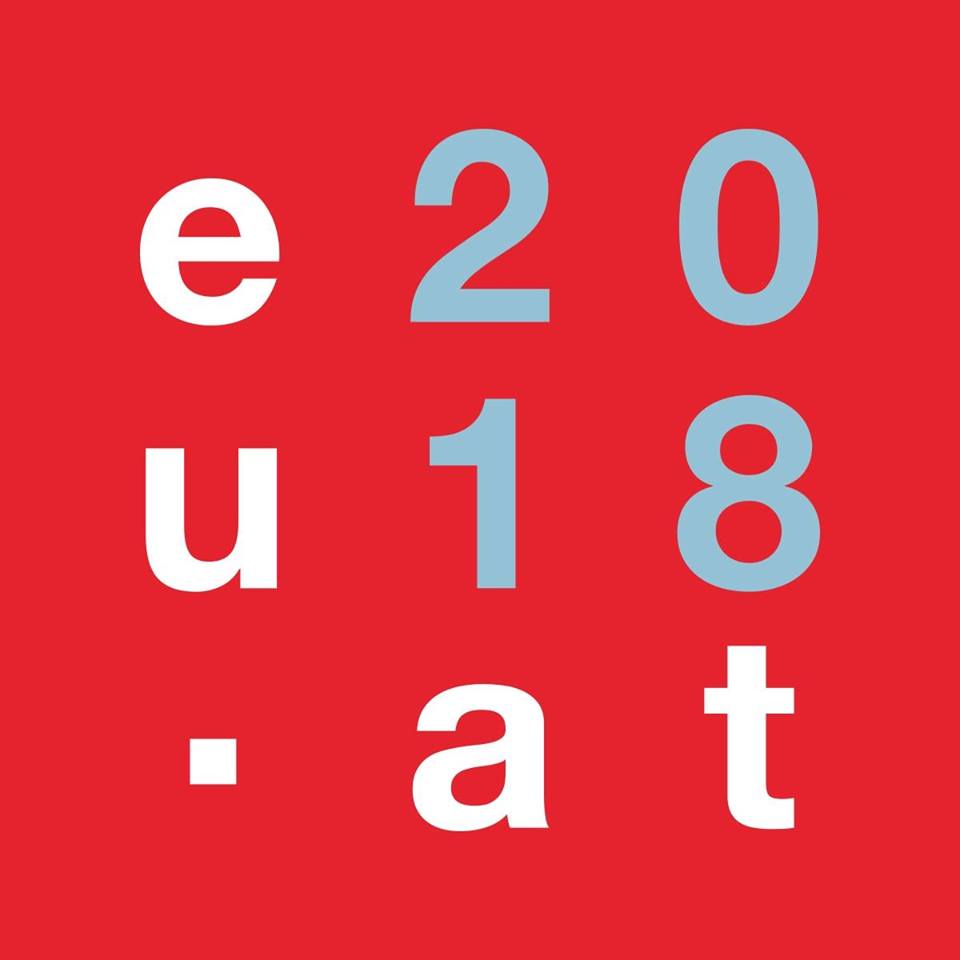Links

Rosch Haschana – So feiern Juden weltweit ihr Neujahrsfest
Yudale kosher Restaurant
Juden feiern "Rosch Haschana“, das Neujahrsfest

Ein Koscherstempel für das Fleisch und für die Kunden?
FPÖ-Landesrat Waldhäusl will Verkauf koscheren Fleisches einschränken - derstandard.at/2000083649732/IKG-befuerchtet-Verbot-koscheren-Fleischs-in-Niederoesterreich FPÖ-Landesrat Waldhäusl will Verkauf koscheren Fleisches einschränken - derstandard.at/2000083649732/IKG-befuerchtet-Verbot-koscheren-Fleischs-in-NiederoesterreichFPÖ-Landesrat Waldhäusl will Verkauf koscheren Fleisches einschränken - derstandard.at/2000083649732/IKG-befuerchtet-Verbot-koscheren-Fleischs-in-NiederoesterreichFPÖ-Landesrat Waldhäusl will Verkauf koscheren Fleisches einschränken - derstandard.at/2000083649732/IKG-befuerchtet-Verbot-koscheren-Fleischs-in-NiederoesterreichFPÖ-Landesrat Waldhäusl will Verkauf koscheren Fleisches einschränken - derstandard.at/2000083649732/IKG-befuerchtet-Verbot-koscheren-Fleischs-in-NiederoesterreichFPÖ-Landesrat Waldhäusl will Verkauf koscheren Fleisches einschränken - derstandard.at/2000083649732/IKG-befuerchtet-Verbot-koscheren-Fleischs-in-NiederoesterreichFPÖ-Landesrat Waldhäusl will Verkauf koscheren Fleisches einschränken - derstandard.at/2000083649732/IKG-befuerchtet-Verbot-koscheren-Fleischs-in-Niederoest
Your Ultimate Guide To The Laws And Customs Of Shavuot
Read more: http://forward.com/scribe/373074/your-ultimate-guide-to-the-laws-and-customs-of-shavuot/
Read more: http://forward.com/scribe/373074/your-ultimate-guide-to-the-laws-and-customs-of-shavuot/
Your Ultimate Guide To The Laws And Customs Of Shavuot
Read more: http://forward.com/scribe/373074/your-ultimate-guide-to-the-laws-and-customs-of-shavuot/
Read more: http://forward.com/scribe/373074/your-ultimate-guide-to-the-laws-and-customs-of-shavuot/
Your Ultimate Guide To The Laws And Customs Of Shavuot
Read more: http://forward.com/scribe/373074/your-ultimate-guide-to-the-laws-and-customs-of-shavuot/
Read more: http://forward.com/scribe/373074/your-ultimate-guide-to-the-laws-and-customs-of-shavuot/
Your Ultimate Guide To The Laws And Customs Of Shavuot
Read more: http://forward.com/scribe/373074/your-ultimate-guide-to-the-laws-and-customs-of-shavuot/
Read more: http://forward.com/scribe/373074/your-ultimate-guide-to-the-laws-and-customs-of-shavuot/
Your Ultimate Guide To The Laws And Customs Of Shavuot
Read more: http://forward.com/scribe/373074/your-ultimate-guide-to-the-laws-and-customs-of-shavuot/
Read more: http://forward.com/scribe/373074/your-ultimate-guide-to-the-laws-and-customs-of-shavuot/
Your Ultimate Guide To The Laws And Customs Of Shavuot
Read more: http://forward.com/scribe/373074/your-ultimate-guide-to-the-laws-and-customs-of-shav
Read more: http://forward.com/scribe/373074/your-ultimate-guide-to-the-laws-and-customs-of-shav

Todeslisten: Die Namen der deportierten Juden standen im Nazi-Amtsblatt
Austrian Presidency of the Council of the European Union
Geldwäscherei und Terrorismusfinanzierung
The Gentleman from Austris stellt Bibi eine Frage mit ungeahnten Folgen
Presbyterians take antisemitic tone with BDS resolutions; new BDS threat from anthropologists
By Scholars for Peace in the Middle East-SPME

In June BDS activities took a dramatic turn as the Presbyterian Church-USA narrowly approved a limited Israel divestment resolution. The language and tone of the resolution and the accompanying debate, however, were strongly shaped by traditional Protestant supersessionism. The antisemitic basis of church-based BDS has become difficult to disguise and will shape coming debates over church-based divestment.
Analysis
With the end of the academic year BDS activism has shifted back to the churches. The General Assembly of the Presbyterian Church-USA (PC-USA) narrowly adopted a resolution that instructs the Presbyterian Foundation and Board of Pensions of the PC-USA to “divest from Caterpillar, Inc, Hewlett-Packard, and Motorola Solutions.” The resolution goes on to state, however, that “This action on divestment is not to be construed or represented by any organization of the PC (USA) as divestment from the State of Israel, or an alignment with or endorsement of the global BDS (Boycott, Divestment and Sanctions) movement.” The statement also reaffirmed the church’s support for a two state solution.
BDS has a long history in PC-USA. A policy of “phased, selective divestment” from Israel was adopted in the 2004 General Assembly by a large margin. At the same time Christian Zionism was rejected as incompatible with Presbyterian theology. In 2006 the divestment language was replaced with a more positive call for engagement and development on both sides of the Israeli-Palestinian conflict. In 2012, however, the General Assembly called explicitly for boycotting Israeli enterprises in the West Bank.
In 2004 and 2005, as divestment resolutions in the guise of socially responsible investment were being debated within the PC-USA General Assembly, a controversy emerged when staff members organized a meeting of Presbyterian leaders with Hezbollah members in Lebanon. Engagement with the Muslim world, and especially with Palestinian Christians, has long been a PC-USA focus.
The influence of Palestinian Christian was seen in 2010 when the General Assembly instructed a study guide be prepared on the Kairos Palestine Document. The Kairos document is a Palestinian Christian implicit attack on the concepts of Jewish national identity and sovereignty in Israel and an explicit assault on Christian Zionism. It also describes “the occupation” as a sin, legitimizes violence as “resistance,” and calls for a South African style BDS campaign against Israel. It has gained enormous traction within left-leaning Protestant denominations including the Anglican and Methodist churches.
The 2014 vote came after a protracted period of debate that was shaped by lobbying on both sides of the issue. A subcommittee of the General Assembly had recommended the resolution and both there and at the General Assembly a number of BDS supporters had spoken in favor. These included Rifat Kassis, coordinator of Kairos Palestine, and Anna Balzer, national organizer for the US Campaign to End the Occupation. BDS activists were also involved in writing the resolution. The pro-BDS/pro-one state group ‘Jewish Voices for Peace’ apparently also played an important role. Though tiny, the group gave PC-USA cover to claim Jewish support for the divestment resolution.
The role of the PC-USA’s Middle East Issues Committee, Advisory Committee on Social Witness Policy, National Middle Eastern Presbyterian Caucus, and Israel/Palestine Mission Network in pushing BDS cannot be understated. These and other committees have long been centers for anti-Israel activism within PC-USA. The 2014 debate was also shaped by the Israel/Palestine Mission Network’s Zionism Unsettled document.
The “congregational study guide” is distributed widely by PC-USA. Among other things the document promotes the ideas that Jews were well treated in Arab countries and that hostility is the result of Zionism, and that Israel, supported by the US, oppresses and brutalizes Palestinians. It also relies on strongly anti-Zionist sources and contains numerous misrepresentations of history. Opposition to the document has come not only from Jewish but Presbyterian sources.
The debate was given a more explicit antisemitic tone by statements from participants, such as the vice moderator of the Middle East issues committee, who stated during morning devotions that ‘Jesus was not afraid to tell the Jews when they were wrong.’ Another BDS supporter attending the General Assembly posted on Facebook that “America is the Promised Land. We all know this. Come to the land of opportunity. Quit feeling guilt about what you are doing in Palestine, Jewish friends. Stop it. Come home to America!” The same individual also reposted an article celebrating the kidnapping of three Israeli teenagers.
The theological dimension was paramount throughout the General Assembly’s debates. The General Assembly rejected a proposal entitled “On Distinguishing Between Biblical Terms for Israel and Those Applied to the Modern Political State of Israel in Christian Liturgy” but added “we take the matter of language, and specifically the tension around the use of the term "Israel," very seriously. We hope the discussion and education about the use of language continues.”
PC-USA’s Advocacy Committee for Racial Ethnic Concerns, however, took the matter further and noted:
For many worshipers today, the word “Israel” has taken on political and military connotations and the original scriptural meanings are almost lost. Just as PC(USA) adopted inclusive and expansive language for racial and gender justice, ACREC believes it is important and timely to be intentional and well-informed with language that has taken on political meanings beyond the walls of church and worship.
Littlefield Presbyterian Church in Dearborn, MI has used the following paragraph for several years in their worship bulletin:
“ISRAEL” LANGUAGE IN WORSHIP—We want to be sensitive to the pain of our Palestinian-American friends and others when they encounter “Israel” in the language of scriptures, hymns and liturgy. In our worship, “Israel” is referring to ancient Israel, not the modern political state. At various times in history it meant the collective name of the twelve tribes descended from Jacob, “the people of Israel,” the nation of Israel as a whole, or, during the period of the Divided Monarch, to the Northern Kingdom. We want to be faithful hearers and interpreters of the scripture and recognize that Jesus was a Jew, a descendent of David, King of the United Monarchy, and that what we know as the Old Testament was Jesus’ scriptures.
On PALM SUNDAY, we need to remember that the people who waved palm branches in Jerusalem lived under the yoke of occupation and oppression by the Roman Empire. Over the centuries other oppressed peoples have identified with the plight and the longings of the people of Israel when they were enslaved, exiled, and occupied and also with the message of deliverance and freedom they found in the scriptures. We pray fervently for the day when the Palestinian people no longer live under occupation, a day when Palestinians and Israelis find a way to live together in peace, with justice for all.
This formula effectively casts modern Palestinians as the ‘new Jews’ under a modern Rome, Israel.
Largely unnoticed in the controversy surrounding the PC-USA’s divestment vote was another resolution that called for the organization to undertake research toward “a recommendation about whether the General Assembly should continue to call for a two-state solution in Israel Palestine, or take a neutral stance that seeks not to determine for Israelis and Palestinians what the right “solution” should be.” Such a recommendation, to be debated at the 2016 General Assembly, would likely result in the PC-USA following the lead of Palestinian Christians in calling for a one state solution. In addition, another resolution was adopted that condemned Israel for human rights




